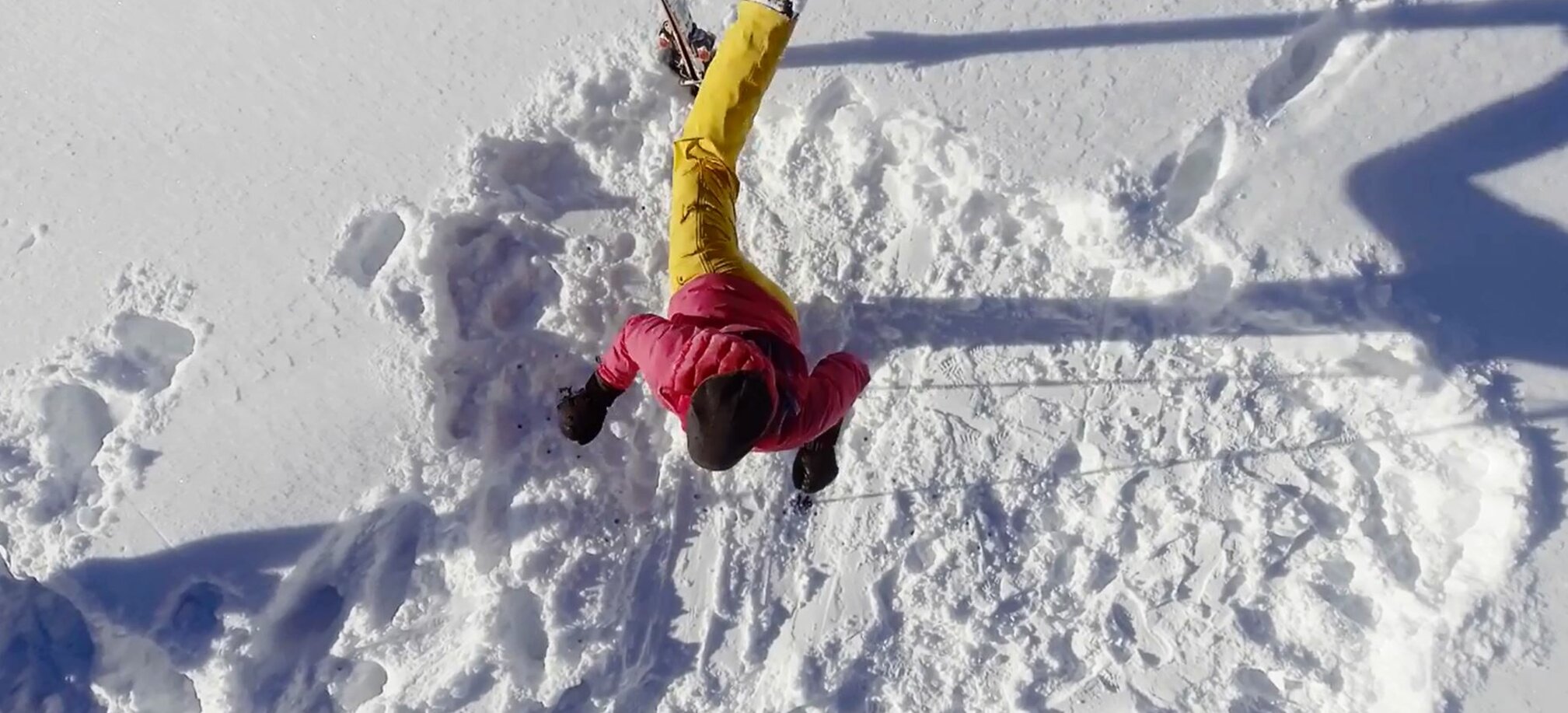
Lisa: Marc, which tips do you have for the Ski amadé community in order to get through the season injury free?
Marc: Physical fitness is the best precondition. Those who get themselves fit enough in plenty of time for the slopes have the best chance of getting through the season without injury. For those of you who are skiing a bit more ambitiously, can prepare the body for this strain by doing targeted muscle training. In addition, endurance training prevents symptoms of fatigue. The onset of tiredness can lead to a lack of concentration, making injuries more likely. The last run down of the day is especially dangerous, if the skier is already at the Aprés ski bar in their mind.
Lisa: How can you prevent ligament and knee injuries in particular?
Marc: Cold muscles and joints present a risk. Therefore, you should do a warm up and do some stretches before the first run. It is usually enough to unclip the skis and to run about a bit. You should start skiing when the muscles and joints are warm and mobile. Also, your speed should always match your ability and the weather and snow conditions. High speed and wanting to take a risk increase the likelihood of a fall or an injury.
Lisa: And should something happen, what would be the best way to react?
Marc: The most important thing is to stay calm and not to panic. You should take special care to protect yourself and others. Various aid organisations offer courses on how to behave correctly in an emergency situation. Our research group, the SMMRG, offer various courses especially for emergency care on the mountain. A particular feature of this course is that it is run by experienced instructors. The composition of this teaching team consists of emergency and intensive care doctors, mountain guides and flight rescue, who deal with alpine and major emergencies day in and day out. The instructors are active, experienced mountaineers and are both nationally and internationally acknowledged experts of their field in which they are lecturing on.
Further information on the topic of safety on the mountain can be found here on our website.
I hope we could give you a few tips on preventing injuries and wish you an injury free ski season.



